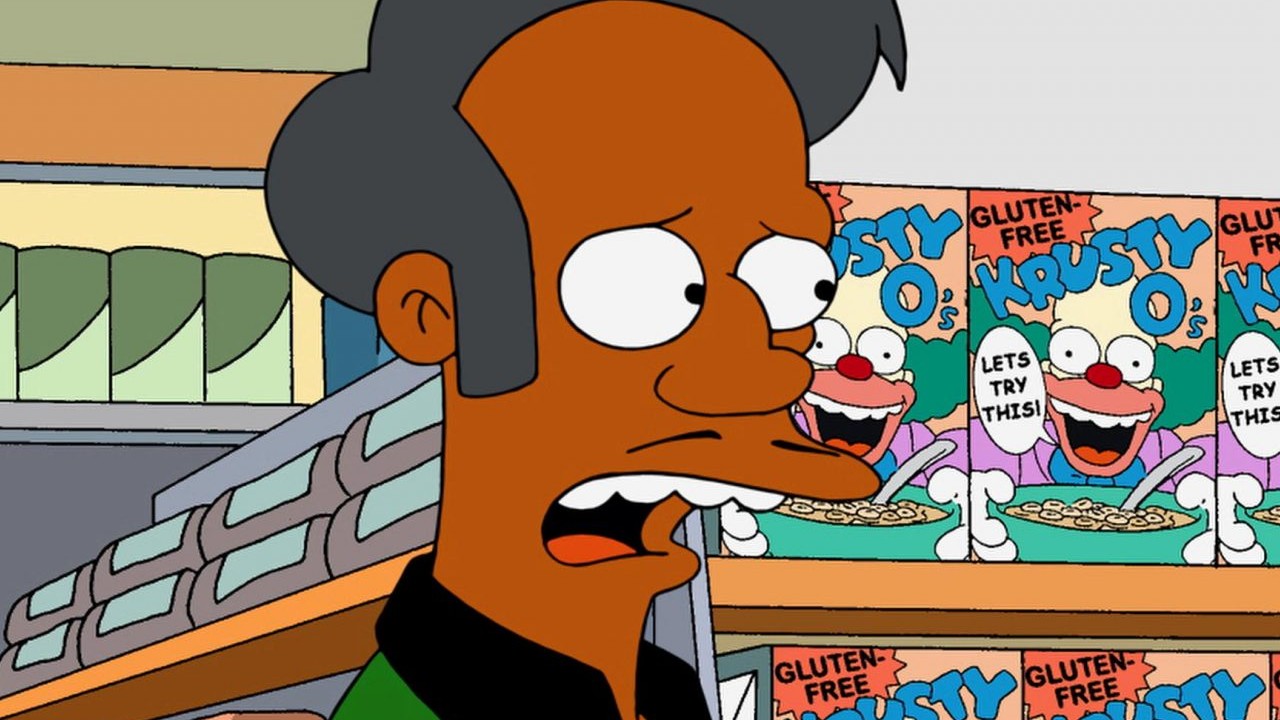Dear Zachary is the most heartbreaking, utterly wrenching movie I have ever seen. It's not exactly one of the best-- it's made competently with its tiny budget, but with a few too many flourishes and artistic tricks-- but its emotional honesty and gripping true-crime details make up for its flaws. It starts true to its subtitle,A Letter to a Son About His Father, but it later transforms into both polemic and a howl of grief, angry at both a failed legal system and the very notion of loss. Though it does chronicle the life of Andrew Bagby, who was murdered by an ex-girlfriend at 28, it's far more than just a tribute. Director Kurt Kuenne, a childhood friend of Andrew's, is brave to have made the film at all, and brave audiences with tissues at the ready will be rewarded by it.
Kuenne hit the road immediately after learning of Andrew's murder in 2001, interviewing Andrew's relatives and friends everywhere from the United Kingdom to the hospital in Pennsylvania where Andrew had just begun his residency. Meanwhile Andrew's accused murderer, Shirley Turner, had fled to Canada before facing charges, and his parents, David and Kate, moved there to ensure her extradition and trial. Soon after, Turner discovered she was pregnant with Andrew's child, and David and Kate turned their focus to ensuring they would get custody of their only grandchild.
Kuenne weaves his scores of interviews with footage from the home movies he and Andrew made as kids; the fluid, often rapid editing takes the focus from the interviewees to Andrew, whom we get to know remarkably well. He's described as a magnanimous and devoted friend, asked to be best man in seven different weddings, as well as an insecure young doctor led to a relationship with Turner, twice-divorced and more than 10 years older. The audience acutely feels the heartbreak felt by Andrew's loved ones by his loss, but also Kate and David's tremendous hope as they anticipate the birth of their grandchild in Canada.
Though the movie refuses to focus on Turner as anything but a shadowy villain, Kuenne structures his movie somewhat like a thriller. We get to know Andrew before we learn the details of his murder, and a third-act plot twist propels the narrative into a very different kind of search for justice. The twist, which you may know if you followed the news stories but shouldn't look up if you didn't, also provides a problem in giving the film a resolution. If this were a fiction film, the audience would leave frustrated and unsatisfied. But as real life often does, Dear Zachary isn't quite able provide that reassurance we need.
Kuenne's ease with the movie's subjects, particularly Kate and David Bagby, makes the movie feel more natural and personal the most documentaries can accomplish. So it's disappointing when he uses overblown music, camera effects and looped footage to draw out emotions that his raw footage could have handled on its own. He seems to underestimate the strength of his own filmmaking, especially how quickly he makes us identify with the Bagby family, and how easily these people come to seem as real as our own relatives.
Dear Zachary's emotional intimacy is its greatest strength, and enough to get it through sections that seem more manipulative than meaningful. It's hard to recommend a movie that leaves you feeling shattered by the end, but Dear Zachary is a harrowing emotional journey worth taking.
Staff Writer at CinemaBlend












